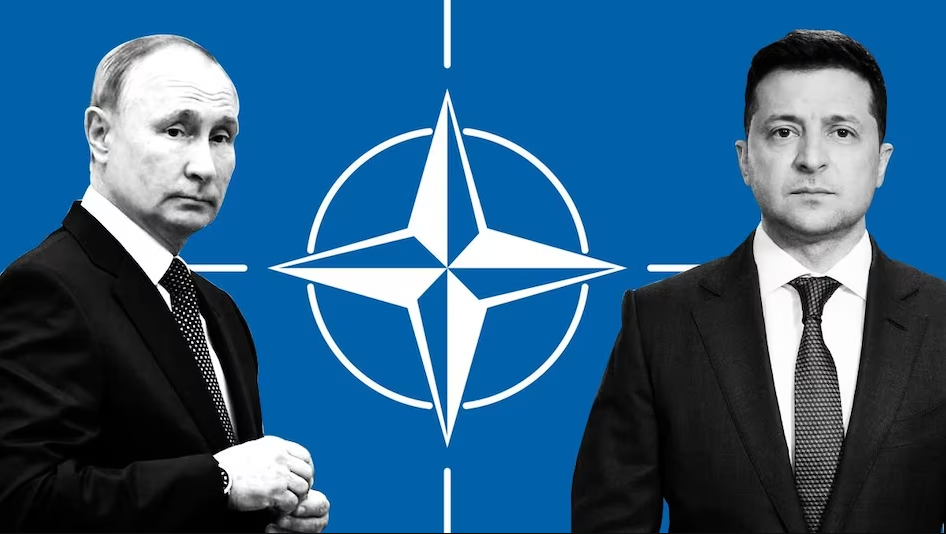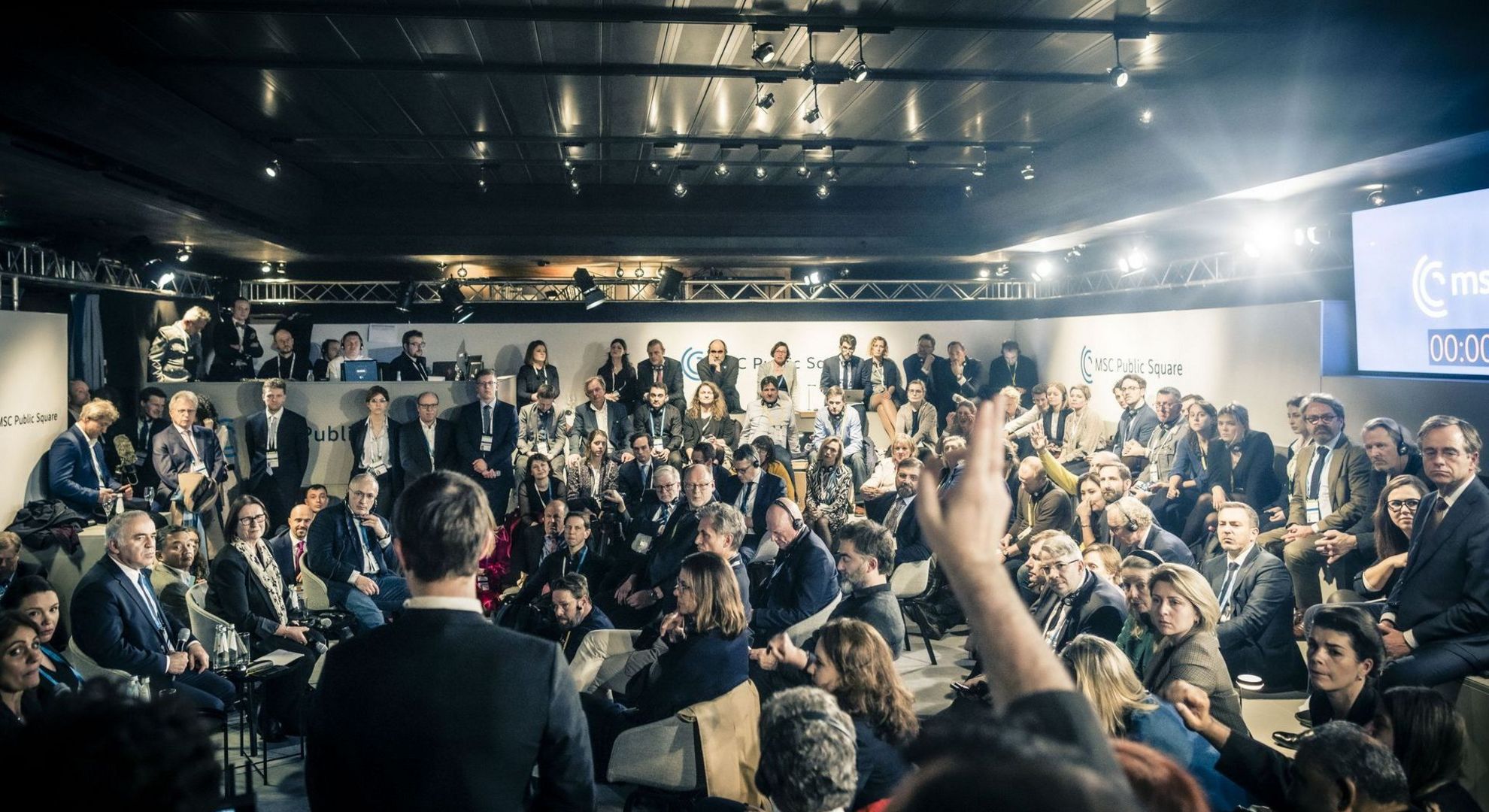He Wenping, Research Fellow, West Asia and Africa Studies Institute of the China Academy of Social Sciences
Mar 05, 2024
The latest Palestinian-Israeli conflict has lasted four and a half months since its outbreak in October and resulted in nearly 30,000 Palestinian deaths, the destruction of nearly all infrastructure in the Gaza Strip and more than 2 million people left homeless, as well as a severe shortage of food, drinking water and medicine. The humanitarian disaster is intensifying with each passing day.
Jade Wong, Senior Fellow, Gordon & Leon Institute
Mar 04, 2024
The possibility of another Trump-style leader in the United States — perhaps even Donald Trump himself — has shaken Europe to its roots. Europe cannot replace American hegemony. Thus, its only course is to accelerate toward “strategic autonomy” to become less dependent on the U.S. security umbrella, which has been in place since World War II.
Stephen Roach, Senior Fellow, Yale University
Feb 29, 2024
FBI Director Christopher Wray recently upped the ante in America’s anti-China campaign. In congressional testimony on January 31, he sounded the alarm over intensified Chinese hacking activity and warned that US infrastructure – telecommunications, energy, transportation, and water – is acutely vulnerable to the Chinese state-sponsored hacker group Volt Typhoon. Front-page coverage by the New York Times added to the sense of urgency.

Xiao Qian, Vice Dean of Institute for AI International Governance and Deputy Director of Center for International Security and Strategy, Tsinghua University
Feb 29, 2024
The Munich Security Conference generated a lot of heat but little progress on problems posed by artificial intelligence and how it should be regulated. Countries everywhere need to delicately balance tech development with regulation and navigate the fine line between inevitable competition and indispensable cooperation.
Richard Javad Heydarian, Professorial Chairholder in Geopolitics, Polytechnic University of the Philippines
Feb 26, 2024
A New Cold War is not in the interest of either the U.S. or China, particularly given the volatility in the Middle East. In fact, the two nations share common interests in the region, and the threat of widespread conflict should inspire an element of strategic sobriety and tactical cooperation.
Richard Weitz, Senior Fellow, Hudson Institute
Feb 26, 2024
While Lai Ching-te’s victory in Taiwan’s elections was expected, the parliamentary vote for the Legislative Yuan was less predictable, leading to a presidential administration that lacks a parliamentary majority for the first time in many years. But ultimately, the election’s impact on cross-Strait relations Sino-American relations remains to be seen.

Fan Gaoyue, Guest Professor at Sichuan University, Former Chief Specialist at PLA Academy of Military Science
Feb 22, 2024
NATO appears to be preparing to send troops to Ukraine, as the alliance believes it must defeat Russia at all costs. If it does intervene, it will create two major risks that could pull the world into an abyss: A conventional war could become a nuclear war, and a local war could become a world war.
Jin Liangxiang, Senior Research Fellow, Shanghai Institute of Int'l Studies
Feb 21, 2024
While its name symbolizes the unity of three religions, the Abraham Process is not peaceful by nature. The United States should be aware that no successful process can emerge without a resolution of Palestine question, which is at the core of the regional agenda.

Sun Chenghao, Fellow, Center for International Security and Strategy, Tsinghua University
Feb 21, 2024
Attendees at the recent security conference could sense Europe’s anxiety about the future. The conference and its report reflected the current unsettled European mindset: Amid increasingly tense geopolitics and economic uncertainty, it sees movement away from global cooperation.
Sebastian Contin Trillo-Figueroa, Geopolitics Analyst in EU-Asia Relations and AsiaGlobal Fellow, The University of Hong Kong
Feb 21, 2024
The ongoing war in Ukraine stands as the paramount geopolitical clash of the 21st century, heralding a definitive return to realpolitik in global governance.